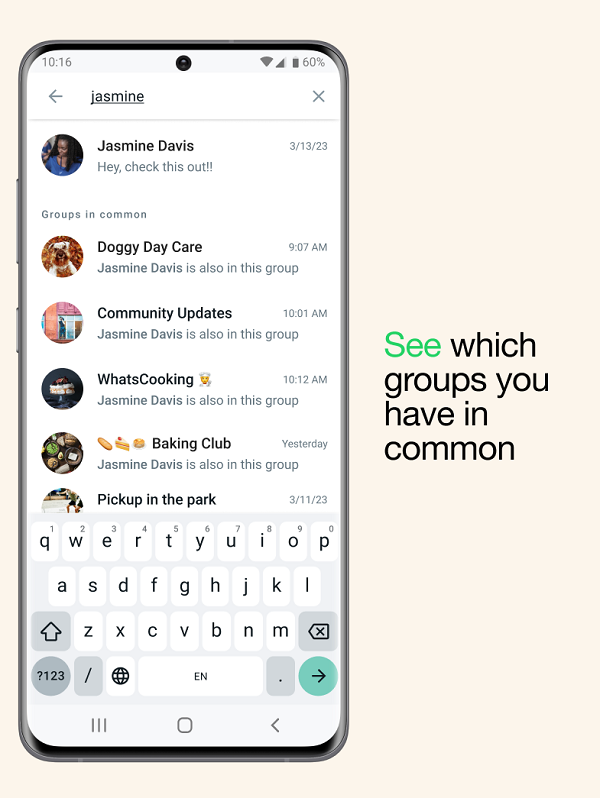WhatsApp’s adding some new control options for group chats, which will provide more capacity to manage who can, and can’t, join a group, while it’s also providing new insights into groups in-common with other users, to provide more context for connection and discovery.
First off, on group controls – WhatsApp’s adding a simplified control panel UI to approve new chat members.

As you can see in this example, the new format will enable chat admins to approve and reject group chat applicants, while it will also show people that have been previously approved or rejected.
That could make it much easier to manage your group chats, and ensure you’re on top of all participating members – which will be handy for Communities, which WhatsApp added back in November, and enable users to connect around specific topics.
The idea is that this will expand WhatsApp usage beyond private chats, and facilitate a wider range of discussion. And with more social media engagement switching to private chats, it’s another means for Meta to align with that shift, and keep users engaged.
It’s a simple addition, in broader context, and could be beneficial for those trying to keep tabs on their group membership.
WhatsApp’s also adding a new ‘groups in common’ display, to help users glean more context about other members.

As per WhatsApp:
“With the growth of Communities and their larger groups, we want to make it easy to know which groups you have in common with someone. Whether you’re trying to remember the name of a group you know you share with someone or you want to see the groups you’re both in, you can now easily search a contact’s name to see your groups in common.”
The display could also assist in group discovery, helping you find more relevant Communities that you might also want to join to engage in related topics.
As noted, with more online interactions switching to private chats, and away from public posting on social platforms, Meta’s now trying to align with that change, and provide more ways to keep users engaged, and help brands also meet them where they’re active.
WhatsApp, which has seen big growth in US, is now a larger part of the equation, and with more people leaning into more private discussion spaces, it makes sense for Meta to provide more tools to facilitate such.
The next step is monetizing WhatsApp, which remains a work in progress – but Meta is indeed making progress on this front as well.
As such, group chats could be another way to help boost exposure for brand functionality in the app, which is why Meta will be keen to build on these tools wherever it can.



